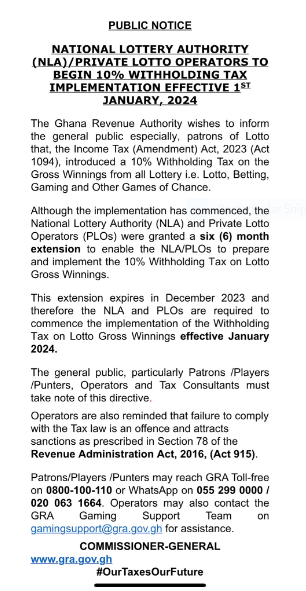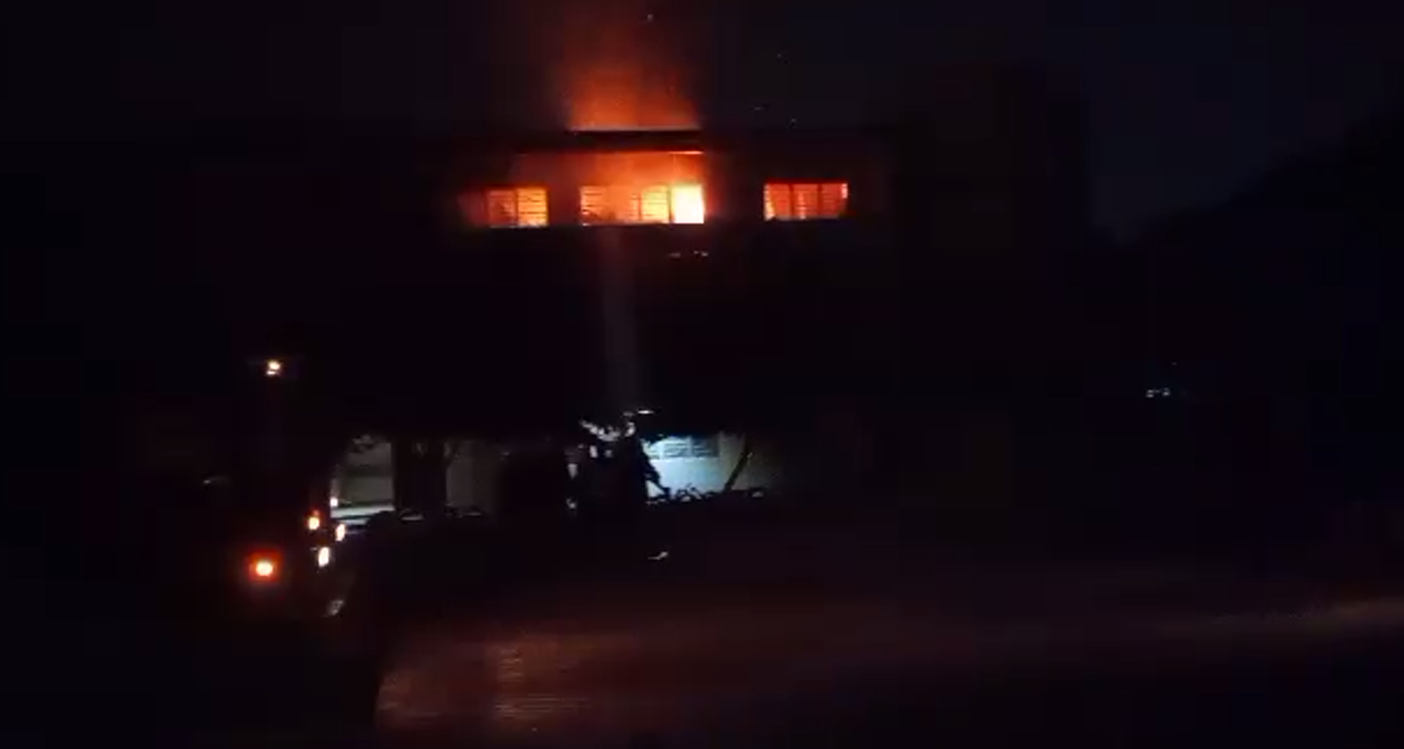
The increasing public anxiety for government to publish findings and recommendations of June 3rd Fire Disaster committee and update Ghanaians on commitment and implementation progress showed the magnitude of irreparable damage caused to families and businesses in the country.
Naturally, mankind hardly glorify government services rendered to society due to the cumulative expectations from sweet political announcement and directives especially the "June 3rd disaster " in Accra.
Government Committee on "June 3rd fire disaster" was inaugurated on June 16th to find possible causes of disaster, damages cost and make recommendations and the scheduled June 30, 2015 report submission was delayed by 3 weeks (August 7, 2015).
The Committee members were from both Ministry of Defence and Interior (Colonel M. Mustapha, Chief Supt. Raymond Simpi, Deputy Chief Fire Officer William J. Mensah) as well as Engineer Ametefe Wise a hydrologist and drainage consultant and chairman of NADMO Hydromet with the retired Appeal Court Judge, Justice Isaac Douse as Chairman of the Committee.
According to the committee report submitted to government, the overflow of Odaw river coupled with the Korle Lagoon interceptor blockage and the rainfall runoff caused the flooding, while the displacement of fuel from the Goil fuel station tanker into the flood and immediate dropping of lit cigarette stub by one Seth Kwasi Ofosu onto the floating fuel caused the fire, making population at risk more vulnerable for consumption by that fire disaster.
The report again costed damaged to properties (17 motor vehicles, 1 fuel station, 1 mini mart, 1 pharmacy and a restaurant) to be GH¢1,568,847.00 and observed non-insurance of properties and non-compliance to disaster risk reduction measures such as early warning signals.
In fact, prior to the committee recommendations, the then government intervene with GH¢60 million cash package, and the Ministry of Gender, Children and Social Protection Emergency Programme distributed GH¢3.9 million to victims and registered 13,000 households in the Zone who could not seek healthcare because they lost their National Health Insurance cards whiles NADMO distributed relief items to victims after medical bills were footed by the state.
Notwithstanding these government ad-hoc measures, unauthorized building structures were demolished in Accra while the Ministry of Local Government and Rural Development directed all 216 Assemblies to demolish all unauthorized structures in their jurisdiction and intensifying the then National Sanitation Day Programme beyond Regional and District levels.
The question of whether government is committed to the implementation of the recommendations of the committee is the matter of actions then words.
For instance, adequate tooling of disaster managers was top among the committee recommendations for government implementation.
This led to the passage of the new NADMO Act (ACT 927 of 2016) into law to cater for the mirage of findings in the committee report.
The National Disaster Management Organisation (NADMO) is the mandatory organisation in-charge of Disaster and Emergency management in the country which was established from the United Nation General Assembly Resolution 2034 (1965) and 49/22 (1994) respectively after the declaration of the 1990 -1999 as International Decade for Natural Disaster Reduction.
Ghana Disaster Management Cycle of Pre-Disaster Phase (prevention, mitigation preparedness plan), Disaster/Emergency Phase (search and rescue and relief operations) and post-disaster Phase (rehabilitation, resettlement, recovery and reconstruction) was adopted from United Nations Development Programme (UNDP) to reduce disasters impact on the Ghanaian society.
Sadly, during the "June 3rd disaster", NADMO was lacking the legal power to demolish unauthorized building structures, technical capacity of equipments/tools and capital project funding respectively.
Despite the resurrection of demolished unauthorized structures a week after the disaster, (8th June, 2015) in Accra, government upon realizing the recommendations for provision of requisite tools and equipments for disaster managers in the country has granted NADMO the Power of Authority to demolish any premises or structure that posed danger or in hazardous location after Certified Planner assessment confirmation and carry out stimulations and rehearsals to mitigate hazardous situations.
Government also established the maiden governing board for NADMO and staff are now appointed under article 195 of 1992 Constitution.
The committee recommendation for licensing of fuel dispensers Attendants after certification from standardized training has also been established.
For example, under section 46 of Act 297 (2016) and the law required Chief Directors or Chief Executives of MDAs (ministries, agencies and departments) and Private institutions officers concern to conduct annual stimulations after their respective Disaster Management Plans are submitted to NADMO for review 30 days after parliament approved the national budget.
Again, private and public building structures including mining sites owners are required by law to submit to NADMO their respective building plans and other vital documents for issuance of Disaster Management Compliance Certificates at a cost within the various thresholds.
However, it is worrying that the ban on plastic as recommended by the committee implementation last year by Ministry of Science, Technology and Innovation was scuttled by the public and industry stakeholders' resistance on the grounds of loss of jobs or livelihood.
In view of government commitment to strengthen disaster management in the country, the committee proposal for government to set-up disaster victims fund yielded National Disaster Management Fund (Section 39 of Act 927) and its sources of money includes 3% share of the District Assembly Common Fund, Contingency Fund (Article 177 of 1992 constitution), Parliamentary appropriations, fees and charges, investment returns, grants, donations, contributions and other lawful receivables.
A special financial offer has been granted NADMO under Section 45 of NADMO Act 927 (2016) where it is exempted from paying duties, taxes and levies, and Section 30 of the same Act also allow for sole sourcing despite the Public Procurement Act 663 of 2003 after this District Assembly Members passed Resolution under State of Emergency declared by the President of Ghana.
Contrary to public perception of government refusal to act on the recommendations, complete dredging of the Odaw River and Korle Lagoon was key recommendation by the committee and the Dredging Masters Company was contracted as part of government implementation of the committee report.
The procurement of Air Ambulance and Helicopter Fire Fighters as recommended by the committee has given government budget priority while NADMO is managing with a standby Helicopter, Speed boats, and Fire machines at the 48 Engineers Regiment base at Teshie in Accra.
Government plans are far advanced with the announcement of US $700 million by Ministry of Works and Housing, Hon. Samuel Atta Akyea with its World Bank development partners at this year maiden Memorial Service held on June 3,2017 for the departed souls of June 3rd fire disaster victims in Accra.
According to the Minister, President Akufo-Addo will construct Underground Sewage System to prevent flood disasters nationwide and other related waste management disasters required human dimension.
This will help complement NADMO/UNDP Community Resilient through Early Warning (CREW) Project constructed storm drains, foot bridges, and full utilization of safe heavens, flood hazards, vulnerability and risk maps produced for early warning communication on pending disasters via the Emergency Operation Centers linked to installed Automatic Weather Stations nationwide
The public and other development partners should join Ghana Broadcasting Corporation (GBC) Flood prevention campaign in Accra and other parts of the country.
The implementation of recommendations made by government committee on "June 3rd Fire Disaster" required individual behavioral change and should not be considered as a preserve of government.
Submitted by Iddrisu Neindow Baba University of Cape Coast Disaster Management Alumnus and Administrator of NADMO Techiman Municipal Assembly
Read Full Story















Facebook
Twitter
Pinterest
Instagram
Google+
YouTube
LinkedIn
RSS